The simple argument for preserving any old car
Posted on Apr 20, 2015 in Featured | 2 comments
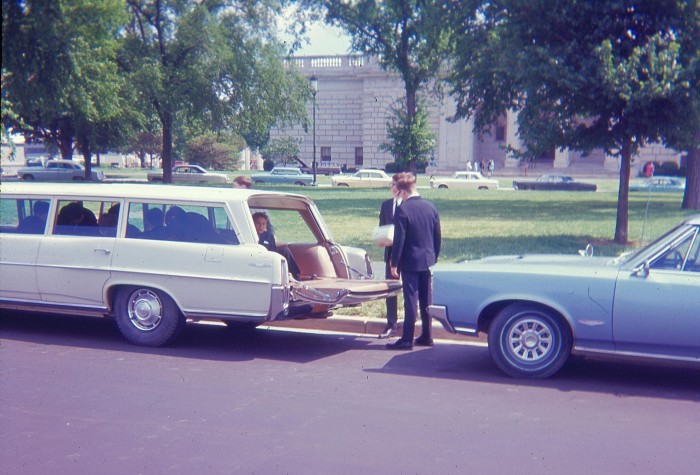
What makes an old car special? Is it the engine under the hood? Is it the ownership history? Is it the stylistic or mechanical or technological advances that the car embodies? Or is it something else, something far simpler, something much more democratic? We didn’t expect to have to confront these topics in our recent story on the stretched Chevrolet station wagon once owned by the Milton Hershey School going to the AACA Museum, but commenter Olddavid questioned exactly what made the wagon—among other vehicles—so special:
This may be a curiosity, but some cars only need preservation in pictures. Have we jumped the shark on the nostalgia of restoration? What’s next, vintage go-karts? Favorite Biscayne four doors? The recent pics of the Shelby K-variants reminded me of what absolute **** those were. Wheels, tires and stickers were their claim to fame. I say this as a man who would love to have a turbo LeBaron wagon of 80′s vintage. Not all cars are special by dint of their age or survival.
He later clarified that he didn’t mean to deprive anybody of their nostalgia, but to Olddavid a number of other commenters responded with a different viewpoint, among them Carmen Angelo:
Those cars represent a lot of fond memories for the many students and administrators from a time when the world through their eyes was a much different place. It a good thing that people do care if not look of what would be lost on so many other pieces of our history.
As if to reinforce that point, we heard from a couple Milton Hershey School alumni in the comments to that post, including George Salomskas of the class of 1968, who related a number of anecdotes regarding the wagons and filled us in a little more on the history of the wagons at MHS:
The ’62s were the original year & only Bow Ties in the fleet. Towards the left in the 2nd picture, you will see the late 50′s R-model IH bus that the Chevies were replacing. Our unit, Eastmoor, was located about a mile west on Rt 322 from the AACA. When I arrived there in ’65 our ride was a ’63 Poncho 389/2bbl. Oddly, our houseparents, Mr. & Mrs. Charles E. Frick had a ’63 sedan speced out the same. They had a ’64 Catalina @ Rolling Hill, I think that was the name of the unit where the headquarters is now. In 1966 admin. added more Ponchos. The early ones had 4spd Hydros with the short 1st gear, the ’66s THM400′s. I always dreamed of owning a stick 327 Chevy “LIMBO WAGON” but woke up a MoPar man! “LIMBO” was our mid-60s pet name for the rides along with “squre deal” & “woge” Do any of y’all Home Boys out there remember?
Also chiming in was Jeff Antonucci of the class of 1984, who wrote
We had the Pontiacs when I was there. They were really great for doing Chinese fire drills in downtown Hershey when the substitute house parents were on duty. We also decorated them up real nice for the Coco Bean Game with the Hershey High School. (I still have pictures somewhere) I always wanted to find one, but what the heck are you going to do with it? I’m really glad one will be preserved. Count me in for a donation.
We’d love to hear from more Milton Hershey School alumni who rode in the stretch wagons during their time at the school. In the meantime, enjoy poring over these two additional photos of a couple of the wagons in Washington, D.C., for a school field trip.
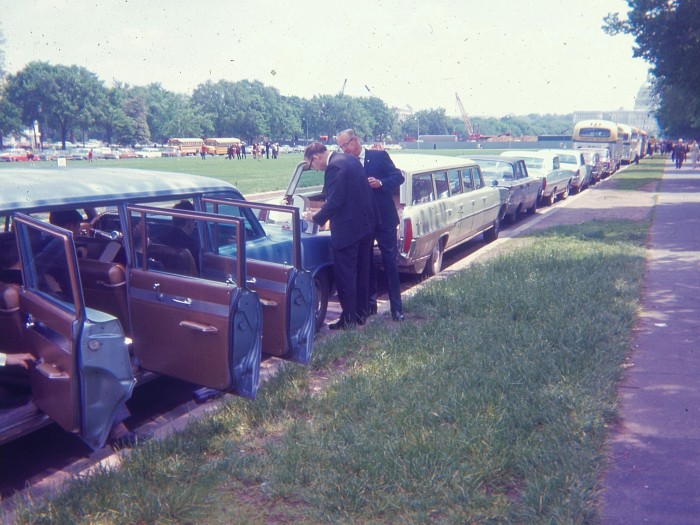
UPDATE (23.March 2015): Jeff Antonucci sent along the below photos of one of the Pontiac stretch wagons at the Coco Bean Game, circa 1981 or 1982. “I’m the blond kid in the middle with the Penn State sweatshirt and Members Only jacket – yikes!”
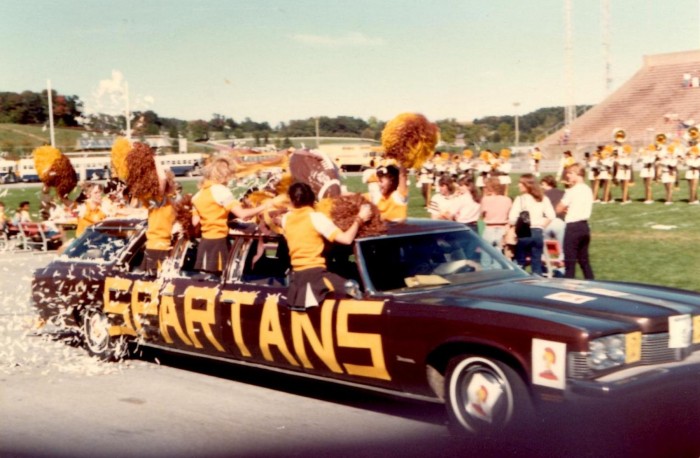
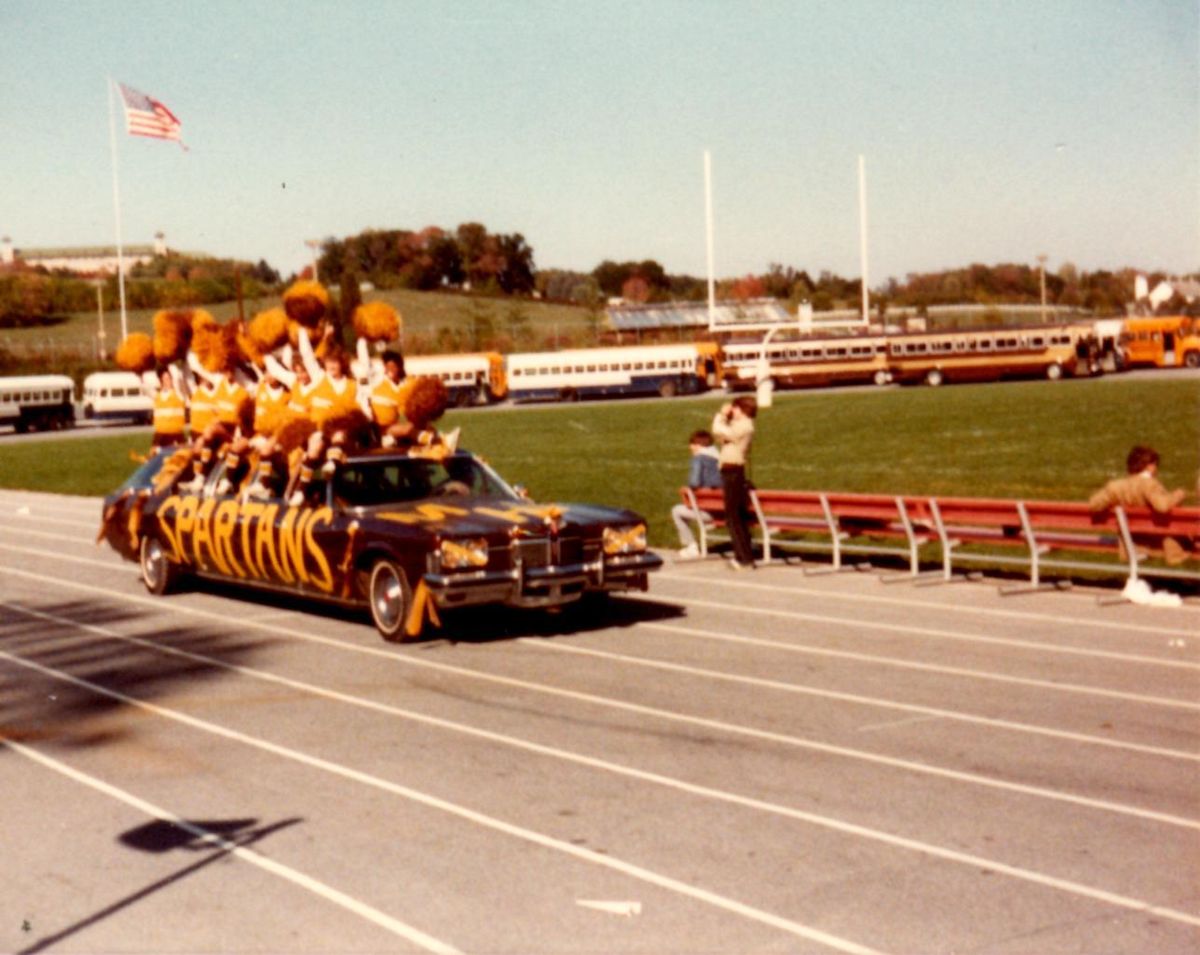
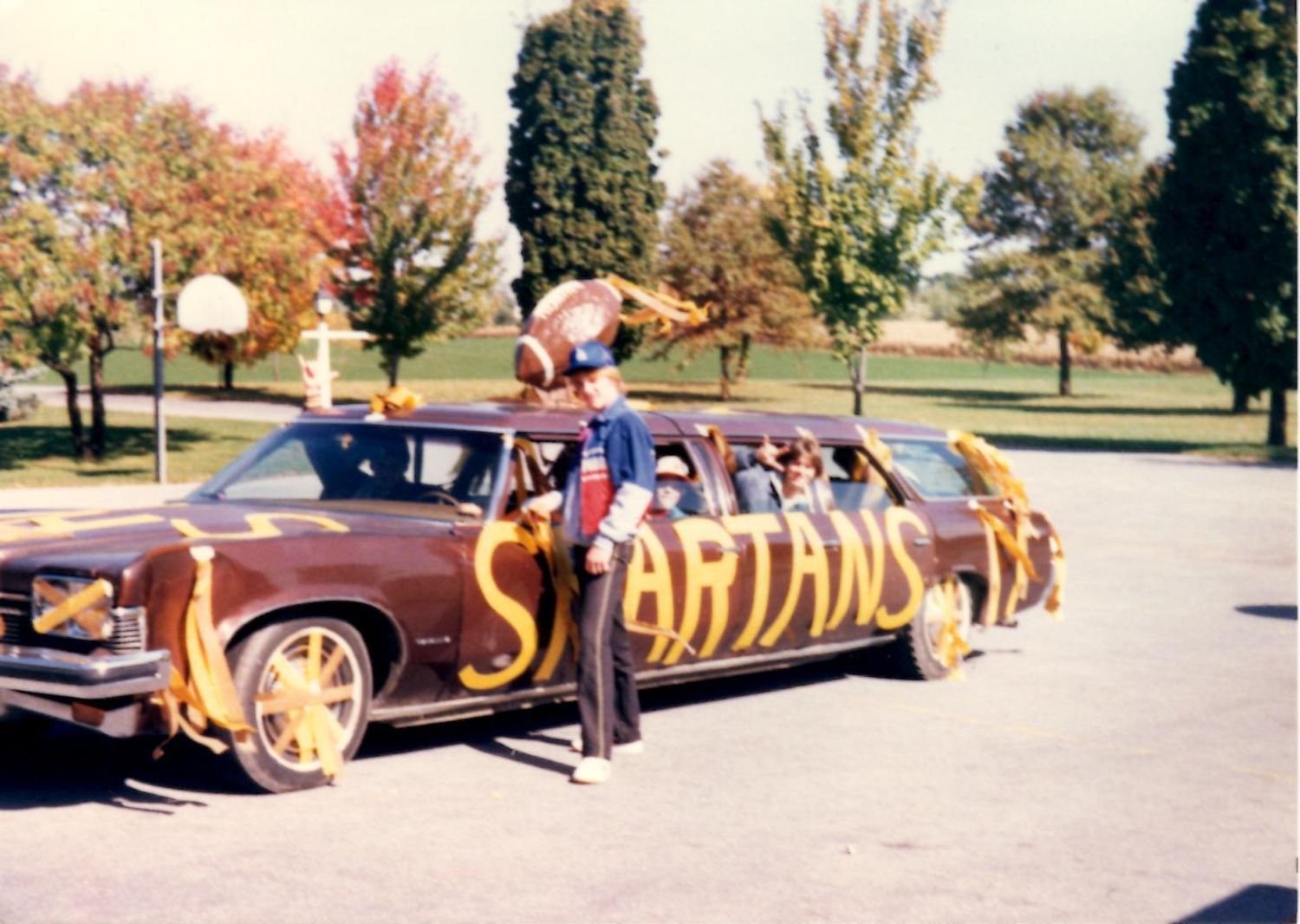
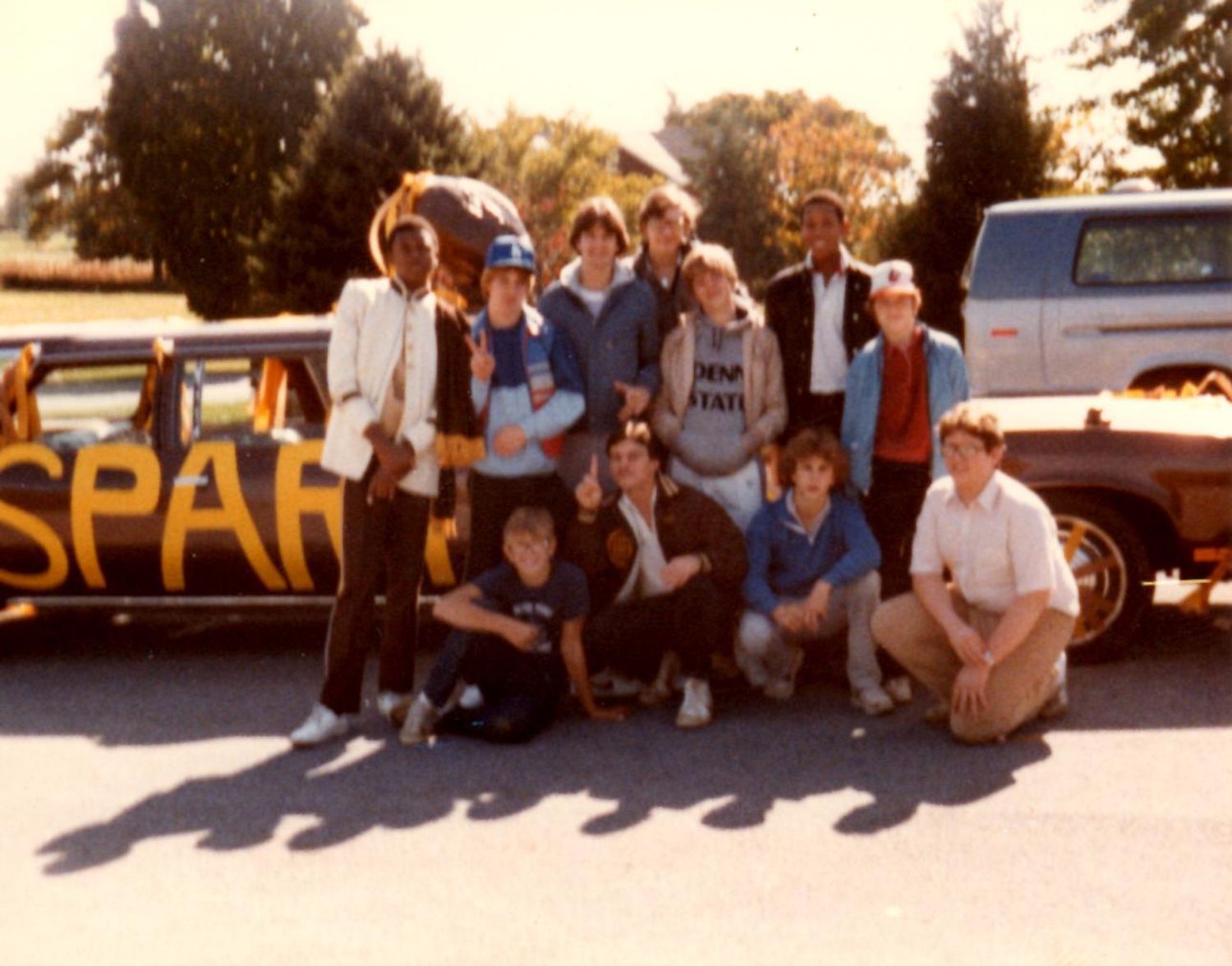
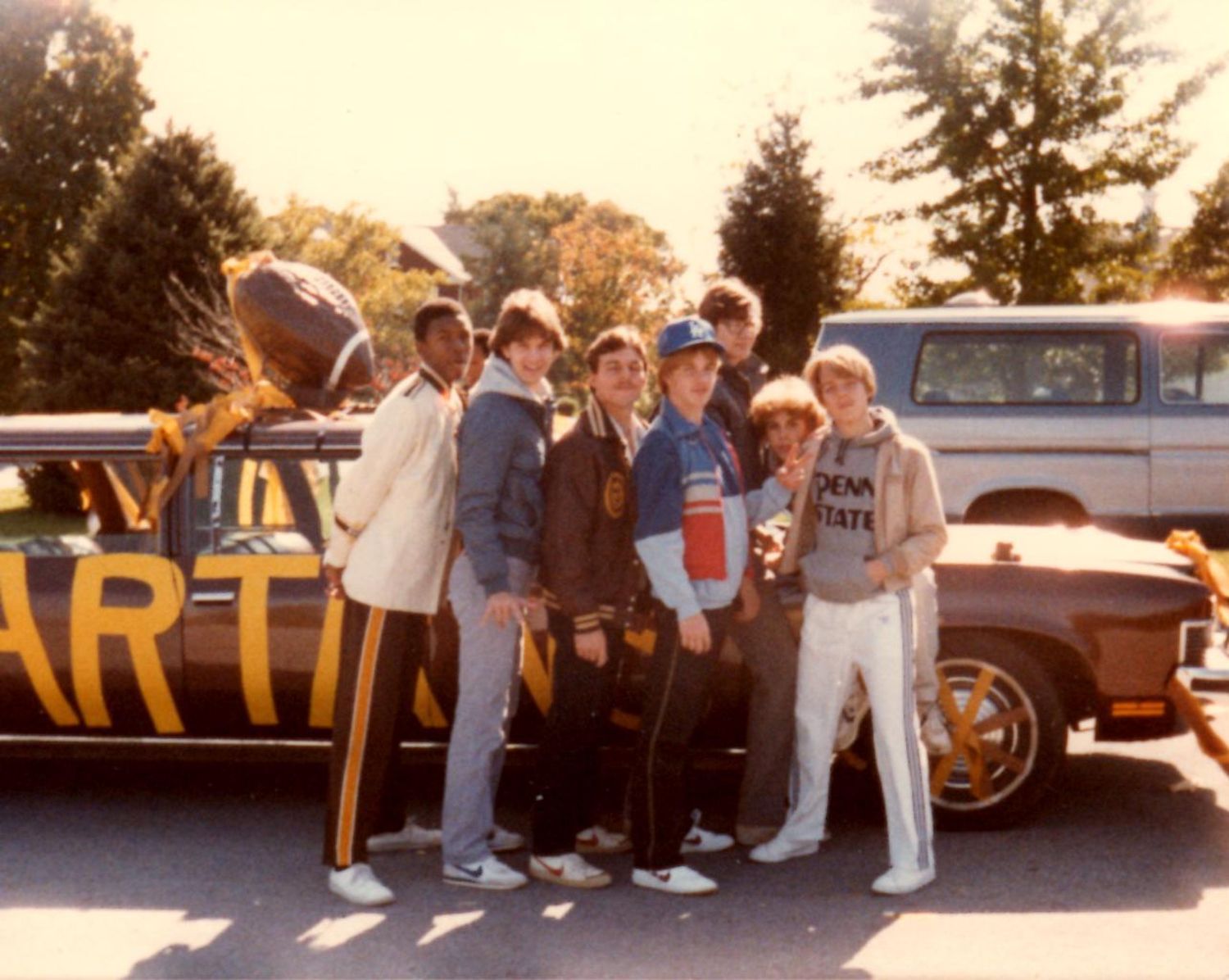
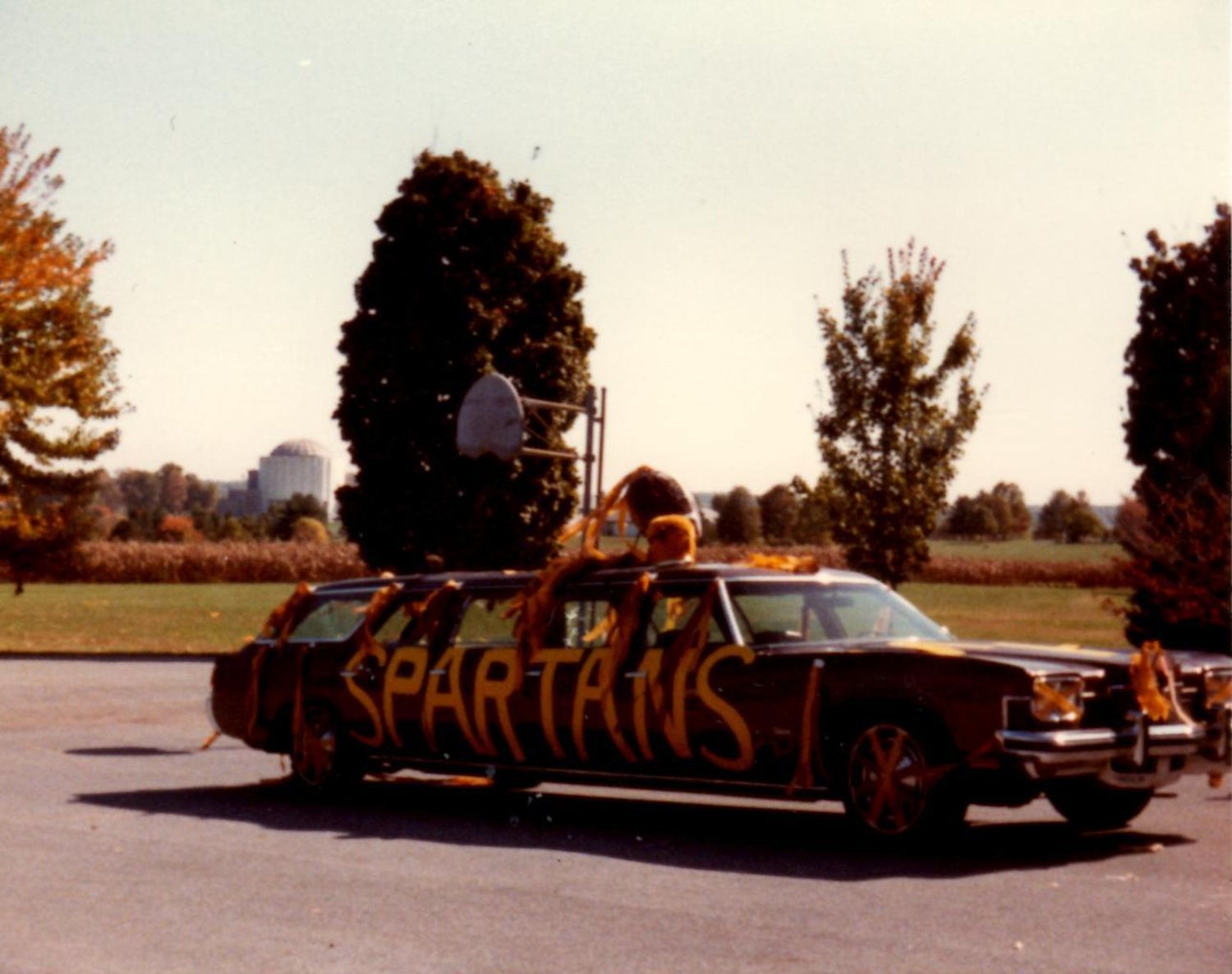



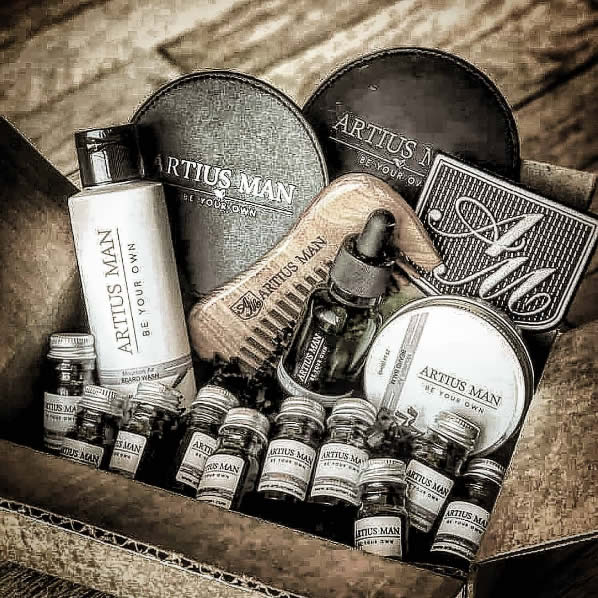

Why should anyone care what anyone else chooses to preserve and take personal joy in? If a person sinks thousand of their own dollars into restoring a K car, and that makes them happy, more power to them.
If they “waste” their money on cars you care less about, then there is potentially less money going into cars you do care about. I think that is the unspoken zero-sum logic here.